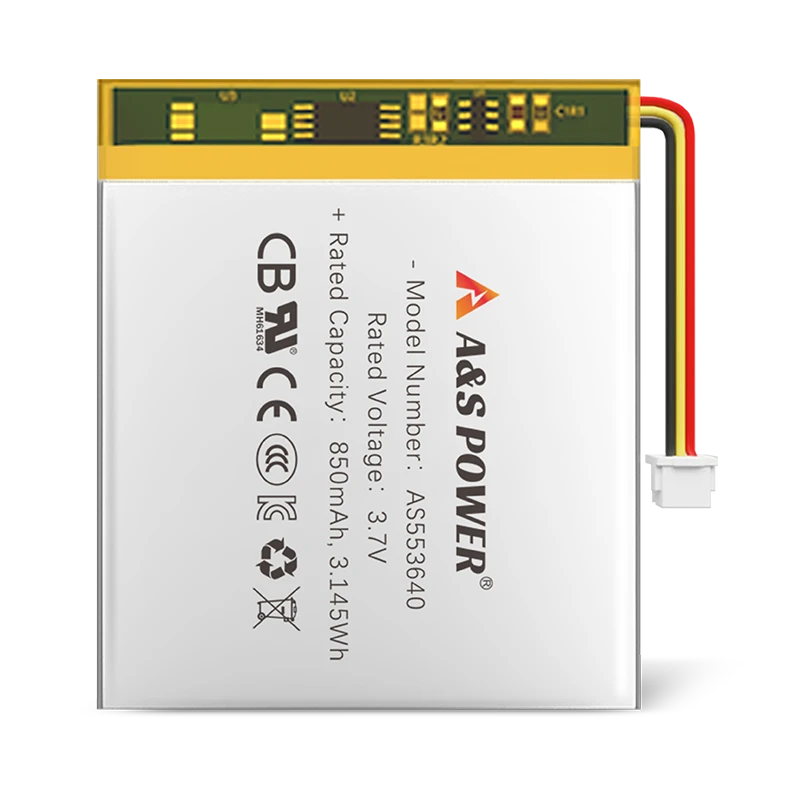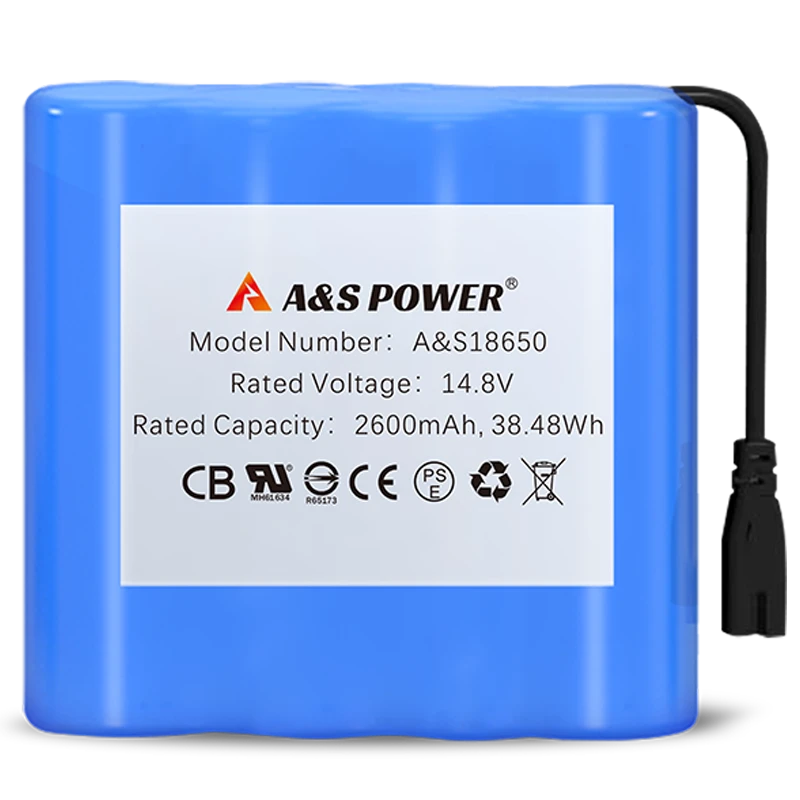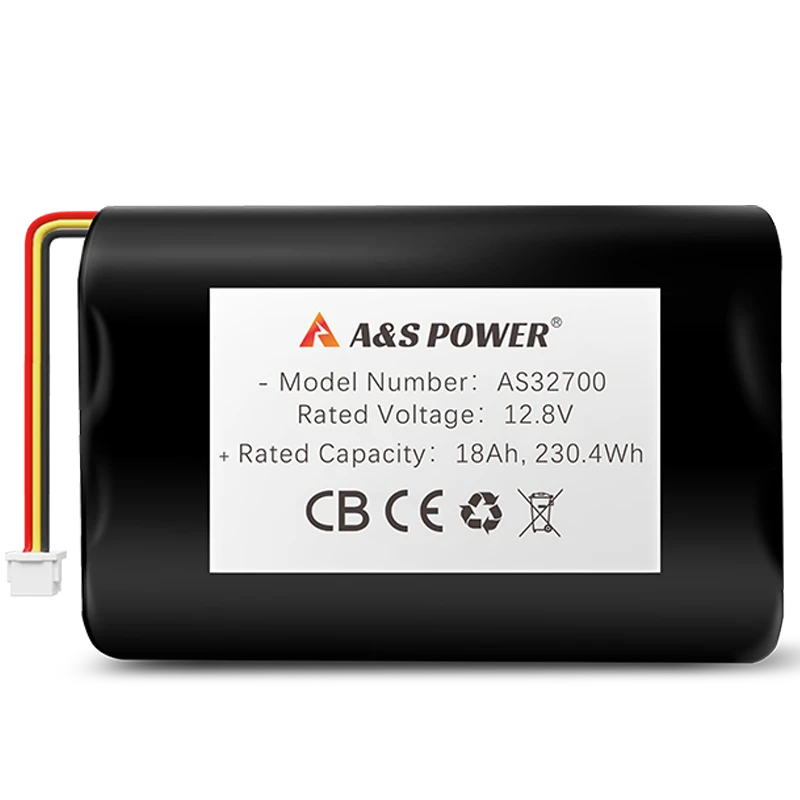What certifications are essential for LiFePO4 batteries in 2025
Certified LiFePo4 batteries ensure safety and high quality in the energy storage market. In 2023, the market expanded by 45GW, driving a greater demand for certified LiFePo4 batteries. These certifications verify compliance with environmental and chemical safety regulations. By 2025, the cost of LiFePo4 batteries is expected to drop below $100. Certified LiFePo4 batteries adhere to strict standards, building customer trust and emphasizing the importance for manufacturers and sellers to prioritize meeting these requirements.
Key Takeaways
- Certified LiFePO4 batteries are safe and high-quality. They build trust and help in sales.
- Important certifications like UL, CE, and UN38.3 ensure safety and allow global selling.
- RoHS and REACH show care for the environment, attracting green-minded buyers.
- Following rules prevents fines and keeps products on the market. It also protects your business name.
- Knowing new certification rules is key to doing well in the growing energy market.
Key Certifications for a Certified LiFePO4 Battery
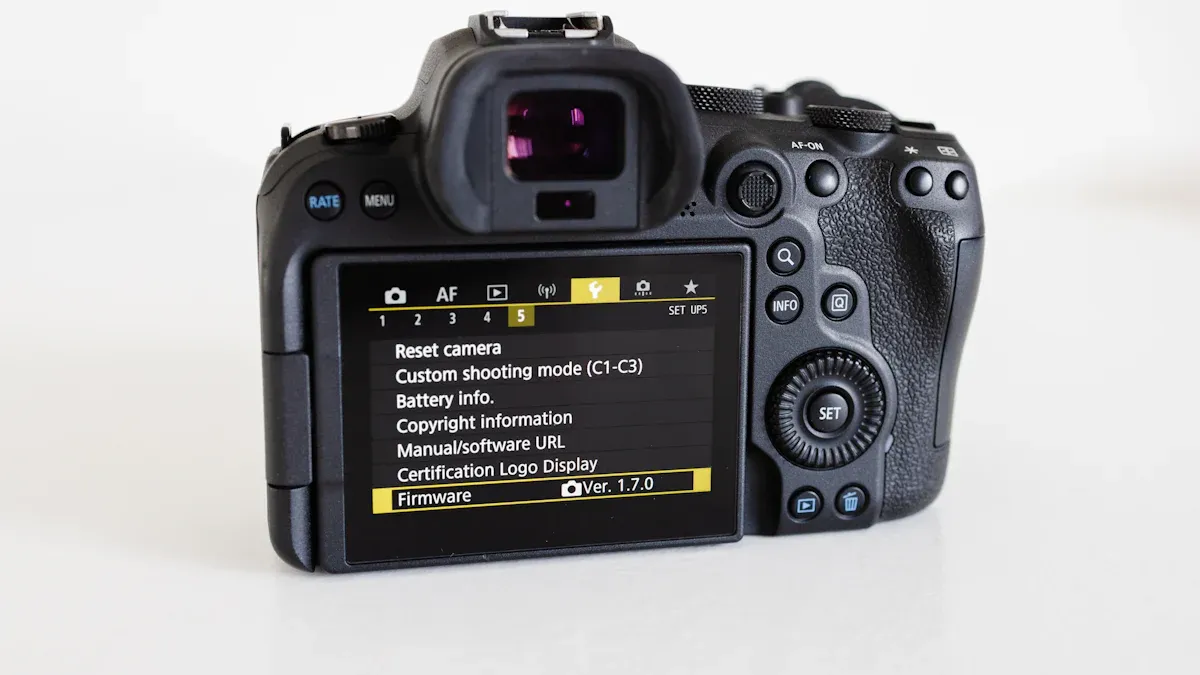
UL Certification for Safety Standards
UL certification ensures LiFePO4 batteries are safe to use. It sets strict rules for making reliable and secure batteries. Important UL standards include UL1642, UL1973, and UL2054. These rules test batteries for short circuits, over-discharge, and vibrations. They check how batteries work in tough conditions.
For instance, UL1642 tests single cells for overheating or short circuits. UL1973 checks battery packs used in energy storage systems. These tests see if batteries handle stress, temperature changes, and even fire. Batteries passing these tests are safe for real-world use.
| UL Standard | Main Test Items |
|---|---|
| UL1642 | Short circuit, abnormal charging, over-discharge, impact, vibration, heating, temperature cycle, low voltage tests |
| UL1973 | Electrical, mechanical, thermal safety, environmental factors |
| UL2054 | Electrical, mechanical, shell, fire source, environmental tests |
| UL2580 | Overcharge, short circuit, vibration, temperature shock, salt spray tests |
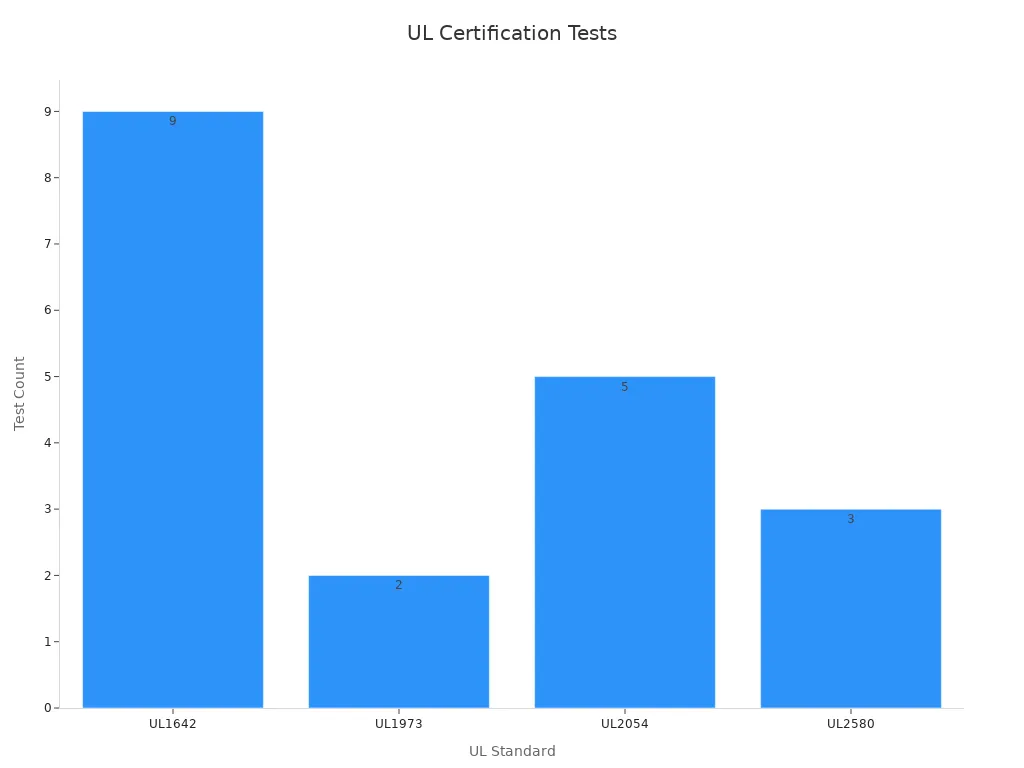
Following UL standards makes batteries safer and builds trust. A UL-certified battery gives buyers and sellers peace of mind.
CE Marking for European Market Compliance
CE marking is needed to sell batteries in Europe. It shows the battery meets EU rules for safety and the environment. Without CE marking, batteries cannot be sold in Europe.
This certification checks the battery's safety and environmental impact. For LiFePO4 batteries, CE marking proves they meet high EU standards. It ensures the product is reliable and safe to use.
Getting CE certification shows you make quality batteries. It allows access to the European market and boosts your brand's reputation worldwide.
RoHS Compliance for Environmental Safety
RoHS compliance protects people and the planet. It limits harmful materials like lead, mercury, and cadmium in batteries. For LiFePO4 batteries, RoHS ensures these substances are reduced or removed.
This is important for batteries in electronics, which often end up in landfills. Following RoHS rules helps reduce pollution and supports eco-friendly practices. It also meets the demand for green products.
Using RoHS-compliant materials makes your batteries better for the environment. It attracts buyers who care about sustainability. This shows your commitment to protecting the planet, which matters to many consumers today.
REACH Compliance for Chemical Safety
REACH compliance ensures batteries follow strict EU chemical safety rules. It checks for risks from chemicals in products like LiFePO4 batteries. Meeting REACH shows care for people and the environment.
Certified LiFePO4 batteries must use safe materials. Harmful substances like heavy metals must be removed or limited. This keeps batteries safe for users and prevents harm during recycling or disposal.
Tip: Breaking REACH rules can lead to big fines or bans in Europe. Following these rules protects your business and boosts your global reputation.
By following REACH, your batteries support eco-friendly goals. They meet the need for safer and greener energy solutions.
UN38.3 Certification for Transportation Safety
Shipping lithium batteries, like LiFePO4, is tricky because they are dangerous goods. UN38.3 certification proves batteries are safe for transport by land, air, rail, or sea. Without it, shipping is illegal.
UN38.3 tests (T1–T8) check batteries under tough conditions. These include:
- Altitude tests to see how they work at high heights.
- Temperature tests to check for heat and cold changes.
- Vibration tests to mimic shaking during travel.
- Short-circuit tests to prevent fires or explosions.
- Overcharge tests to stop dangerous failures.
Did you know? UN38.3 ensures batteries won’t leak, explode, or catch fire while being shipped. This keeps everyone safe.
Getting UN38.3 certification lets you ship LiFePO4 batteries worldwide. It builds trust with delivery companies and customers.
IEC Certification for Performance and Safety
IEC sets global rules for how well and safely LiFePO4 batteries work. IEC certification proves batteries are reliable, efficient, and safe to use.
| Feature | What It Tests |
|---|---|
| Safety Rules | Checks for overheating, leaks, or other risks. |
| Performance Standards | Tests battery life and energy output for long-lasting use. |
| Risk Control | Reduces dangers like chemical leaks or fires. |
Certified LiFePO4 batteries must pass tests for stability, energy, and durability. These tests ensure batteries work well and stay safe under different conditions.
- Safety Checks: Batteries must avoid overheating or harmful leaks.
- Better Performance: Standards ensure batteries last longer and store more energy.
- Eco-Friendly Practices: Rules encourage using recyclable materials.
Pro Tip: IEC certification proves your batteries are top quality. It helps you stand out in the global market.
With IEC certification, you show your batteries are safe, strong, and trustworthy. This builds your reputation as a reliable LiFePO4 battery provider.
Why Certifications Matter for LiFePO4 Batteries
Keeping Consumers Safe
Certifications help protect people from risks with LiFePO4 batteries. Certified batteries go through tough tests to meet safety rules. These tests check if the battery can handle heat, short circuits, or impacts.
For example, UL and IEC certifications make sure batteries won’t overheat or catch fire. This is very important for things like home energy systems or electric cars. Choosing certified batteries lowers the chance of accidents and keeps users safe.
Tip: Always look for safety certifications before buying a battery. It’s an easy way to avoid problems later.
Ensuring Quality and Dependability
Certifications also prove the battery is high-quality and reliable. Certified LiFePO4 batteries are durable, energy-efficient, and long-lasting. You can count on them to work well over time.
For instance, IEC certification checks if batteries keep their energy output and resist damage. This ensures the battery works even in tough conditions. Whether for solar storage or industrial use, certified batteries give you confidence they’ll perform.
Did you know? Certified batteries often have better warranties because they’re built to last.
Following Rules for Global Markets
If you want to sell LiFePO4 batteries worldwide, certifications are a must. Different countries have rules about safety, environment, and chemicals. Certifications like CE, RoHS, and REACH prove your batteries meet these rules, making global sales easier.
For example, CE marking is needed to sell in Europe, and UN38.3 is required for shipping. Without these, your batteries could face delays or bans. Getting certified helps you enter new markets and builds trust with buyers.
Pro Tip: Work with experts to handle certifications and meet all rules.
Building Consumer Trust and Confidence in Products
Certifications help build trust between you and your customers. Offering a certified LiFePO4 battery shows you care about safety and quality. These certifications act like a badge, proving your product meets strict rules.
People may avoid products without proof of reliability. Certifications like UL, CE, and IEC provide that proof. They show your batteries passed tough tests for safety, performance, and the environment. This openness makes buyers trust your product more than uncertified ones.
Tip: Show certifications clearly in ads. It helps boost customer trust.
Trust grows when buyers know your product meets global standards. For example, UN38.3 ensures safe shipping, and RoHS shows care for the planet. These certifications protect users and prove you are a responsible maker.
Certified LiFePO4 batteries also lower the chance of failures. Buyers feel sure the battery will work well, whether for cars or solar systems. This dependability keeps customers coming back.
Pro Tip: Use certifications to stand out. Teach buyers about the tests behind each certification to show your batteries are better.
In online shopping, certifications matter even more. Sites like Amazon and eBay often need proof of compliance to sell products. Meeting these rules lets you sell worldwide and builds trust with online shoppers. Certified products seem safer and more reliable, leading to more sales and fewer returns.
Focusing on certifications shows your brand values quality and safety. This builds trust, improves your market position, and makes your products shine in a crowded market.
Certifications and International Transportation

UN38.3 Certification for Air, Sea, and Land Transport
UN38.3 certification is needed to ship LiFePO4 batteries safely. It ensures batteries meet strict safety rules for transport. Tests check how batteries handle real-world conditions like shaking or temperature changes.
| Aspect | Description |
|---|---|
| Certification Purpose | Makes sure lithium batteries are safe for transport. |
| Testing Requirements | Includes tough tests to lower risks during shipping. |
| Key Tests | Covers altitude, heat, vibration, shocks, and short circuits. |
| Packaging Guidelines | Batteries must be insulated and secured to avoid damage. |
For example, packaging must stop battery terminals from touching metal surfaces. Batteries should also stay in place to avoid punctures or movement. These steps help prevent fires or leaks, keeping shipments safe. Without UN38.3 certification, shipping lithium batteries is not allowed, limiting global sales.
Tip: Always check your batteries meet UN38.3 rules before shipping. This builds trust with delivery companies and keeps shipments safe.
IATA Regulations for Lithium Battery Shipping
The International Air Transport Association (IATA) has strict rules for flying lithium batteries. These rules reduce risks during air travel, where safety is critical. IATA offers guides like the Battery Guidance Document and Battery Shipping Regulations (BSR) manual to help shippers follow the rules.
| Evidence Type | Description |
|---|---|
| Guidance Document | Explains how to ship lithium batteries safely. |
| Battery Shipping Regulations (BSR) | A detailed guide for manufacturers and shippers. |
| Training Course | Teaches packing, labeling, and paperwork for battery shipping. |
IATA also provides training on proper packaging and labeling. For instance, batteries under 100Wh have fewer rules, but those over 300Wh need full compliance. Airlines can reject shipments if rules aren’t followed. Sticking to IATA rules ensures smooth and safe shipping.
Compliance with Customs and Import/Export Laws
Following customs and trade laws is key when shipping LiFePO4 batteries worldwide. Each country has its own rules for hazardous goods. To avoid problems, follow these steps:
- Make sure your batteries meet the destination’s rules.
- Fill out customs forms with correct shipment details.
- Get permits for restricted items if needed.
- Use proper packaging and labels for shipments.
- Pay customs fees and follow trade agreements.
Breaking these rules can cause big issues. For example, a 2005 flight fire showed the danger of undeclared lithium batteries. Proper paperwork and following rules prevent such risks and protect your business.
Pro Tip: Work with skilled shipping companies to handle customs and follow all rules.
By focusing on certifications and rules, you can ship LiFePO4 batteries safely and grow your global business.
Certifications for E-Commerce Platforms
Rules for Selling Certified LiFePO4 Batteries Online
Websites like Amazon and eBay have strict selling rules. These rules are especially tough for lithium batteries. Following them lets you list products and avoid problems. For LiFePO4 batteries, certifications like UL, CE, and UN38.3 are often required. These prove the batteries are safe and meet environmental rules.
To meet packaging and performance rules, follow these steps:
| Requirement | Description |
|---|---|
| Strong Packaging | Use a sturdy box that can handle shipping bumps. |
| Minimum Size | Make sure the package meets size rules for FFP or SIOC. |
| Secure Sealing | Seal all edges tightly; don’t use staples. |
| Clear Labels | Add labels with contents and handling instructions. |
| Eco-Friendly Materials | Use recyclable paper or plastic for packaging. |
| Easy Opening | Design packaging to open quickly without tools in under 2 minutes. |
| FFP Certification Perks | Avoid extra charges on certified packages from Amazon. |
By following these steps, you meet platform rules and make customers happy. A&S Power Battery ensures its products follow these standards, making them a trusted choice for online stores.
Why Certifications Matter for Electronics in E-Commerce
Certifications are very important for selling electronics online. They prove your LiFePO4 batteries are safe, high-quality, and eco-friendly. Without them, your products might be removed from websites.
For example, RoHS and REACH certifications show you care about the environment. This attracts buyers who want green products. UN38.3 certification proves your batteries are safe to ship, avoiding delays or accidents. Showing these certifications on your product pages builds trust and boosts sales.
A&S Power Battery focuses on meeting these certifications. This ensures their products are safe and ready for global online markets.
Avoiding Fines and Product Removal Online
Not following certification rules can cause big problems. Your products might be removed, and you could face fines. Websites and regulators enforce these rules to protect people and the planet. Breaking them can lead to huge costs or even legal trouble.
- The EPA can fine up to $20,528 for false safety claims.
- In 2020, one company paid nearly $7 million for breaking rules.
- Some sellers got stop-sale orders for uncertified products, hurting their business.
These examples show why following certification rules is so important. Certified LiFePO4 batteries help you avoid fines and keep your reputation strong. A&S Power Battery’s certified products help you stay safe and competitive in online markets.
Certifications such as UL, CE, RoHS, REACH, UN38.3, and IEC are crucial for making sure LiFePO4 batteries are safe and high-quality in 2025. These certifications prove the batteries meet global rules and help gain customer trust. They also allow you to sell in markets worldwide. Keeping up with changing certification rules will help you stay ahead in the fast-growing energy storage field. By following these rules, you show you care about making safe and dependable products.
FAQ
What is the most important certification for LiFePO4 batteries?
UN38.3 is key for safe shipping. Without it, lithium batteries cannot be transported. UL and CE certifications are also vital for safety and selling rules. A&S Power Battery makes sure its products meet these standards.
Can uncertified LiFePO4 batteries be sold online?
No, websites like Amazon and eBay need certifications like UL, CE, and UN38.3. These prove the batteries are safe and follow rules. Selling uncertified batteries can lead to removal or fines. Always check your batteries meet platform rules.
How do certifications impact global sales?
Certifications like CE and RoHS help sell batteries worldwide. They meet local rules and make customs easier. Certified batteries also build trust with buyers. A&S Power Battery’s products are ready for smooth global shipping.
Are certifications necessary for personal use batteries?
Yes, certifications make batteries safer and more reliable. They lower risks like overheating or short circuits. Choosing certified batteries, like those from A&S Power Battery, ensures safety and good performance.
How often should certifications be updated?
Updates depend on changing rules. For example, CE and RoHS may change with new laws. Check certifications often to stay competitive and follow the latest rules.
-

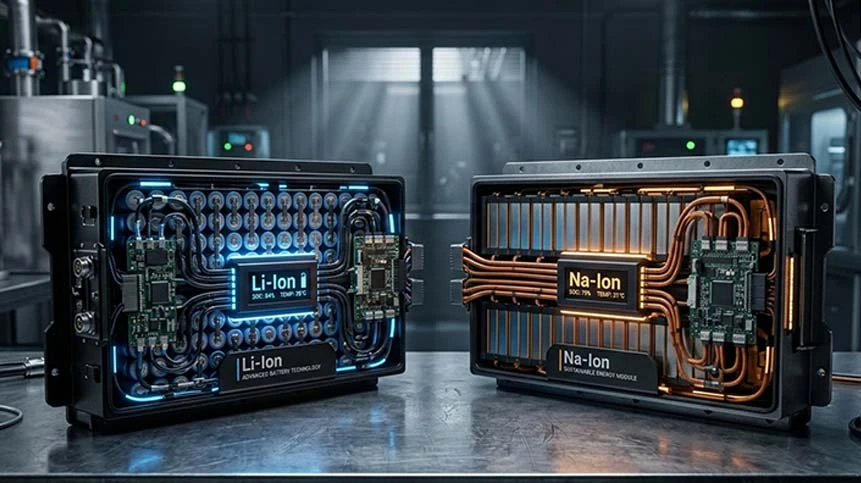 May.2026.03.03Sodium Batteries and Lithium-Ion Batteries: Low-End Substitutes or Strategic Complements?Learn More
May.2026.03.03Sodium Batteries and Lithium-Ion Batteries: Low-End Substitutes or Strategic Complements?Learn More -

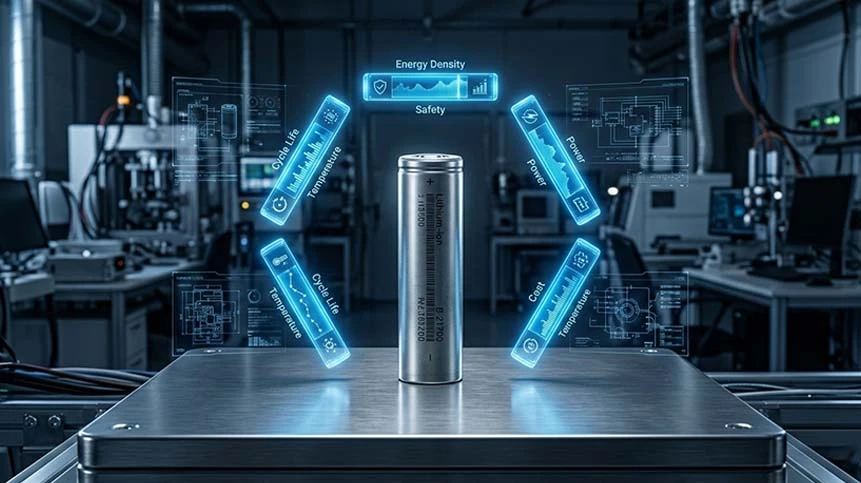 May.2026.02.27Lithium-Ion Batteries: The Six Constraints Blocking the Path to PerfectionLearn More
May.2026.02.27Lithium-Ion Batteries: The Six Constraints Blocking the Path to PerfectionLearn More -

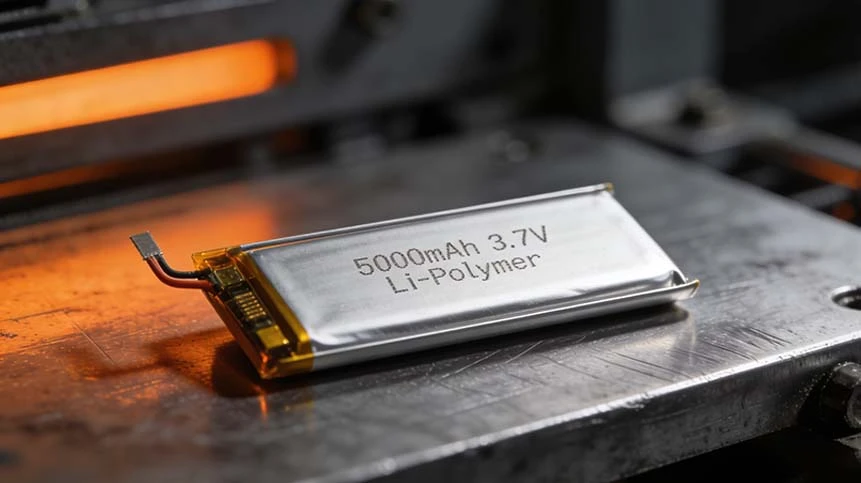 May.2026.02.25Li-Polymer Battery 5000mAh: Complete Technical & OEM GuideLearn More
May.2026.02.25Li-Polymer Battery 5000mAh: Complete Technical & OEM GuideLearn More -

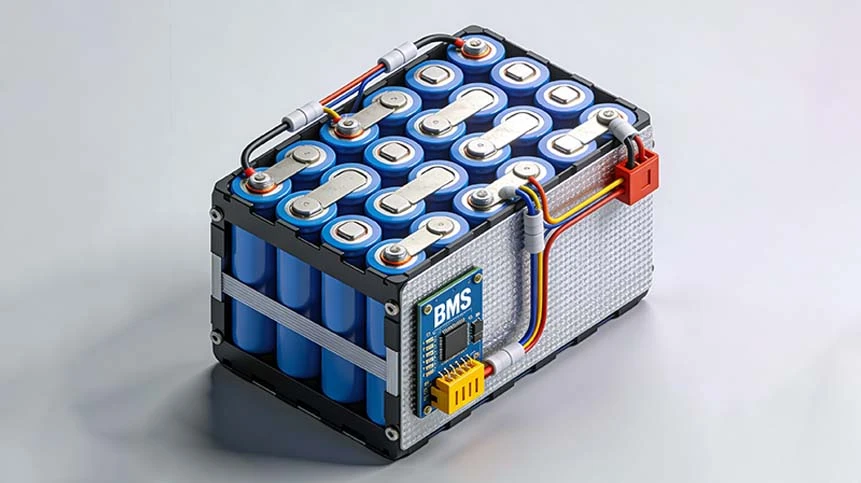 May.2026.02.24The Unparalleled Advantages of Lithium-Ion Batteries Over Traditional BatteriesLearn More
May.2026.02.24The Unparalleled Advantages of Lithium-Ion Batteries Over Traditional BatteriesLearn More -

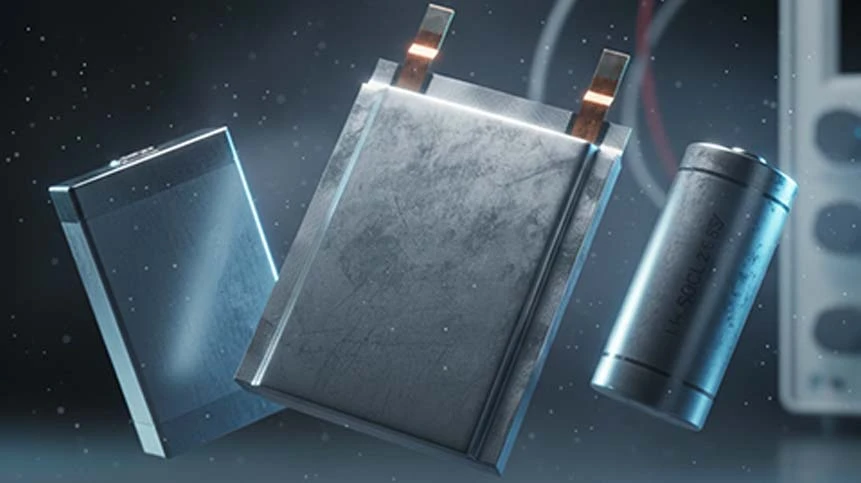 May.2026.02.243.6 Volt Battery: Complete Technical Guide for Engineers & BuyersLearn More
May.2026.02.243.6 Volt Battery: Complete Technical Guide for Engineers & BuyersLearn More




